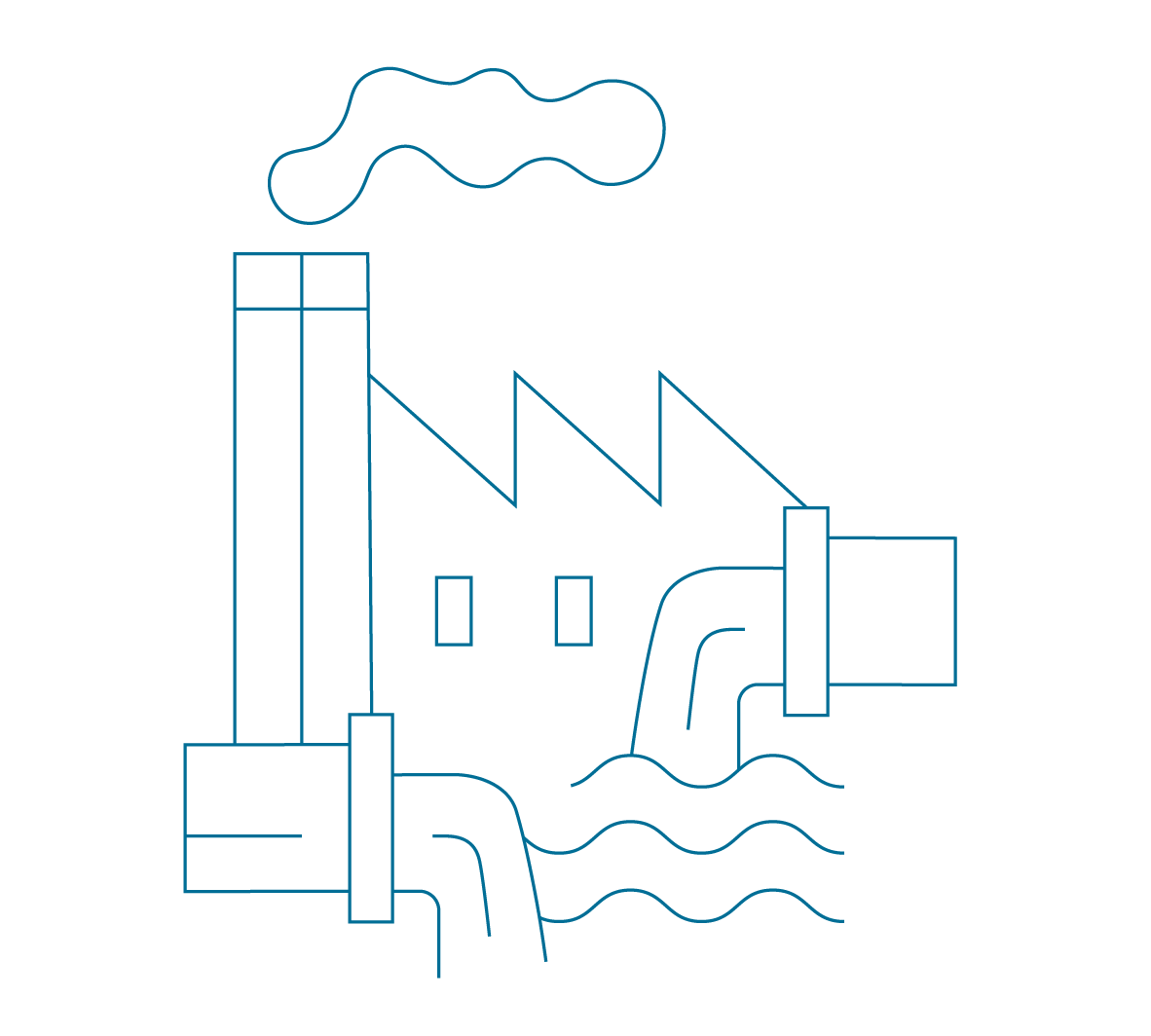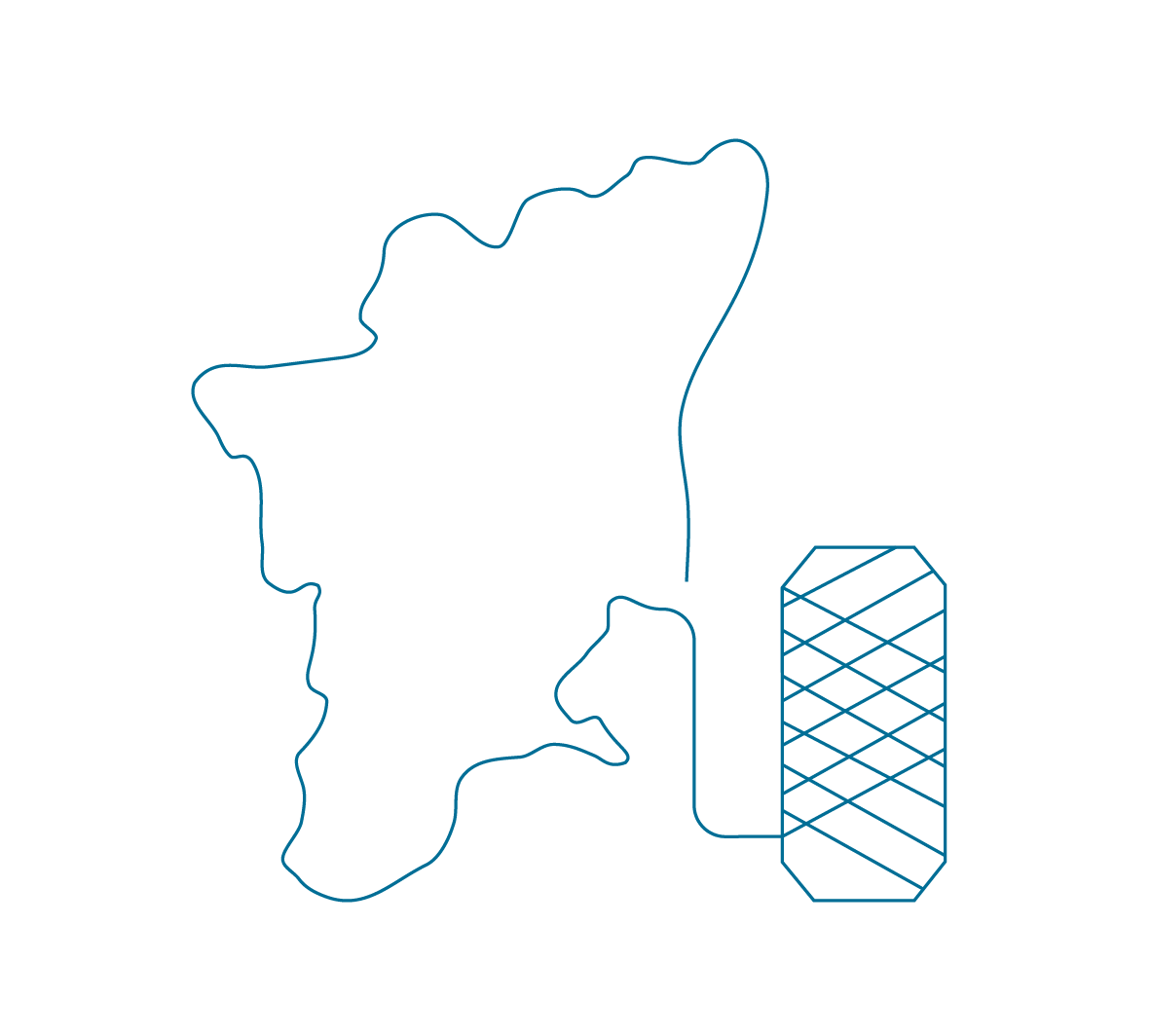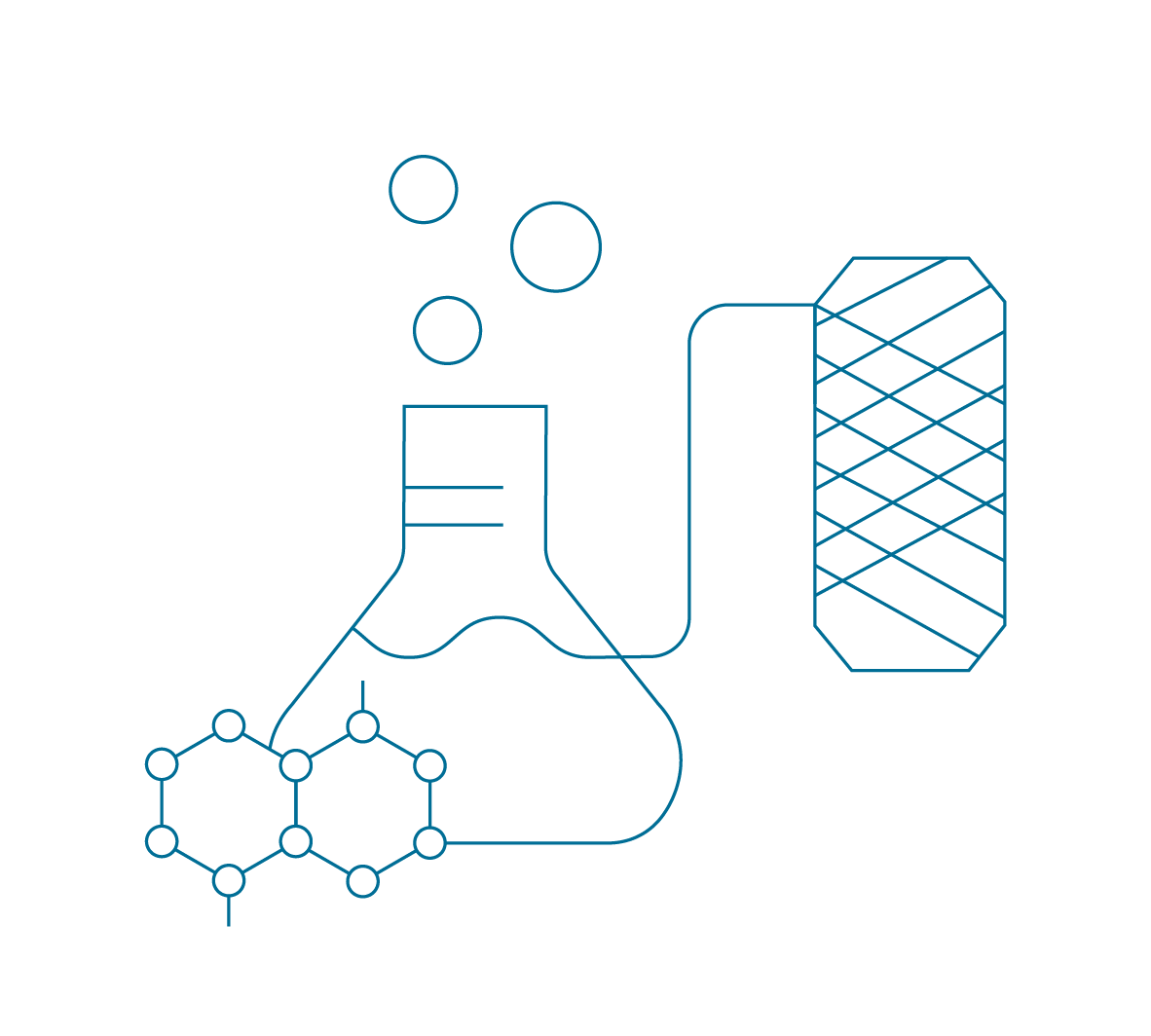Joint Action
Companies and associations, non-governmental organisations, trade unions, standard organisations, and the German government - the various groups of actors in the Textiles Partnership contribute their respective experience and expertise to projects and Partnership initiatives. Through them, the Textiles Partnership can play to its strengths as a multi-stakeholder initiative and efficiently bundle forces. In addition to the Partnership members, local actors and other cooperation partners are often also involved. The aim of the joint projects is to improve social and ecological conditions and to implement corporate due diligence along the value chain.
From the 3rd year in the Textiles Partnership at the latest, Partnership members must participate in Joint Commitment projects. They can join ongoing projects and Partnership initiatives or contribute their own ideas for new projects. The prerequisite is that the project ideas contribute to the Textiles Partnership focus topics :
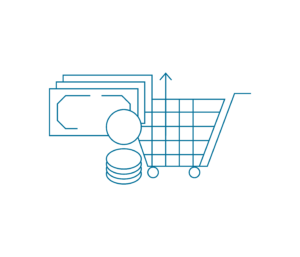
Living Wages and Purchasing Practices
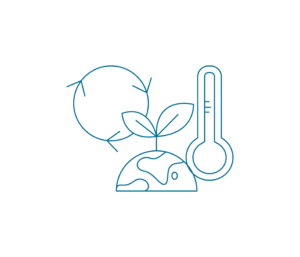
Circular economy and climate protection
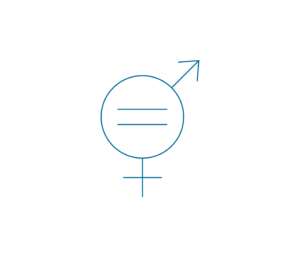
Gender equality

Grievance mechanisms and remedy
Participation
The partnership initiatives follow a multi-stakeholder approach: Members from at least two stakeholder groups, including at least one NGO/trade union, from the Textiles Partnership (or the implementing country) must participate.
If possible, local actors should be involved in the implementation of projects from the very beginning. A transfer of established results/approaches into local ownership is also promoted.
Impact assessment
The projects make a measurable contribution to achieving the formulated goals (or KPIs) of the focus topics.
In addition, the members of the partnership initiative develop a concept for impact measurement with SMART indicators.
Due Diligence
The projects implement promising approaches for the ambitious fulfilment of corporate due diligence obligations.
Mutual Support
The partnership initiatives contribute to peer learning and capacity building among the actors.
Furthermore, they are open to the participation of other interested parties (financially and in-kind).
Financing
The total project volume is made up of the project partners' own contribution and the public funding share.
The project partners make their own contribution through financial and/or in-kind services, for example the working time of employees.
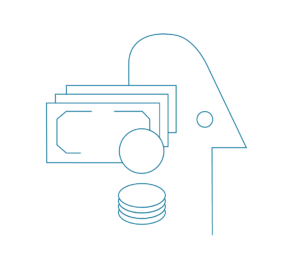
Living Wages
In den Produktionsländern der Textilindustrie werden häufig Löhne gezahlt, die man nicht als existenzsichernd bezeichnen kann, selbst wenn die gesetzlich festgelegten Mindestlöhne eingehalten werden. Das Textilbündnis setzt sich für existenzsichernde Löhne ein.
Complaints Mechanisms
Die Förderung des Zugangs zu Abhilfe und Wiedergutmachung ist ein elementarer Bestandteil der unternehmerischen Sorgfaltspflicht. Arbeiter*innen in der textilen Lieferkette müssen die Möglichkeit haben, auf Missstände am Arbeitsplatz aufmerksam zu machen und bei Bedarf wirksame Abhilfe erhalten.

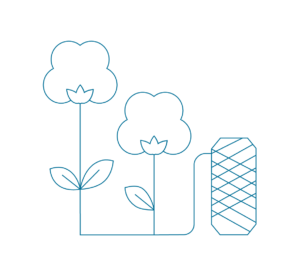
Bündnisinitiative Bio-Baumwolle
11.500 Baumwollproduzentinnen und -produzenten in den indischen Bundesstaaten Maharashtra, Madhya Pradesh, Rajasthan, Odisha and Gujarat sollen von dem Projekt profitieren, indem sie auf ökologischen Anbau umstellen.
MUDEM-Project
Über das Worker Support Center und den Beschwerdemechanismus der türkischen Nichtregierungsorganisation (NRO) MUDEM-Refugee Support Center (MUDEM-RSC) können syrische Textilarbeiter*innen in der Türkei auf Missstände am Arbeitsplatz aufmerksam machen.

Pilot Project Organic Cotton
Investing in organic and fair trade cotton in India: A partnership model to increase the supply of organic cotton in the global market.

Wastewater Management
Bei den sogenannten Nassprozessen der Textilproduktion – insbesondere beim Bleichen, Färben und Bedrucken – kommen Chemikalien zum Einsatz. Angesichts dessen zielte die Bündnisinitiative darauf ab, das Abwassermanagement in der Textilproduktion zu verbessern.
Tamil Nadu
Die Bündnisinitiative Tamil Nadu zielte darauf ab, die Arbeitsbedingungen in der Textil- und Bekleidungsindustrie in dem gleichnamigen indischen Staat systemisch zu verbessern, insbesondere für Frauen und Mädchen in Spinnereien.
Chemical and Environmental Management
Mit einem guten Chemikalien- und Umweltmanagement in Produktionsstätten im asiatischen Raum werden schädliche Chemikalien in Nassprozessen substituiert. Das verbessert den Arbeitsschutz und schützt die Umwelt. Die Bündnisinitiative ist ausgelaufen, anschlussfähige Trainings werden jedoch online angeboten.



